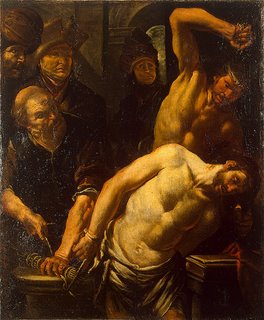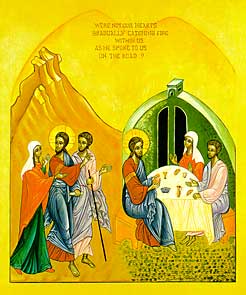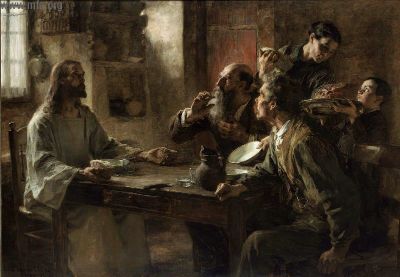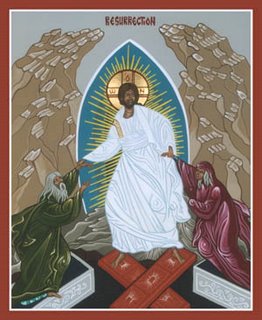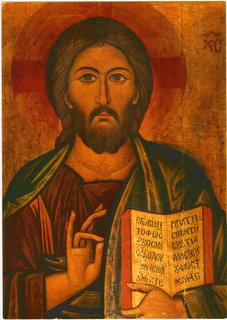What is a Carmelite?
I still remember the first secret you shared with me at Gemeaux, you were very little, but already the Master had taken your little heart captive, and my soul felt drawn toward yours! ... A Carmelite, my darling, is a soul who has gazed on the Crucified, who has seen Him offering Himself to His Father as a Victim for souls and, recollecting herself in this great vision of the charity of Christ, has understood the passionate love of His soul, and has wanted to give herself as He did! ... And on the mountain of Carmel, in silence, in solitude, in prayer that never ends, for it continues through everything, the Carmelite already lives as if in Heaven: "by God alone." The same One who will one day be her beatitude and will fully satisfy her in glory is already giving Himself to her. He never leaves her, He dwells within her soul; more than that, the two of them are but one. So she hungers for silence that she may always listen, penetrate ever deeper into His infinite Being. She is identified with Him whom she loves, she finds Him everywhere, she sees Him shining through all things! Is this not Heaven on earth! You carry this Heaven within your soul, my little Germaine, you can be a Carmelite already, for Jesus recognizes the Carmelite from within, by her soul. Don't ever leave Him, do everything beneath His divine gaze, and remain wholly joyful in His peace and love, making those around you happy!








